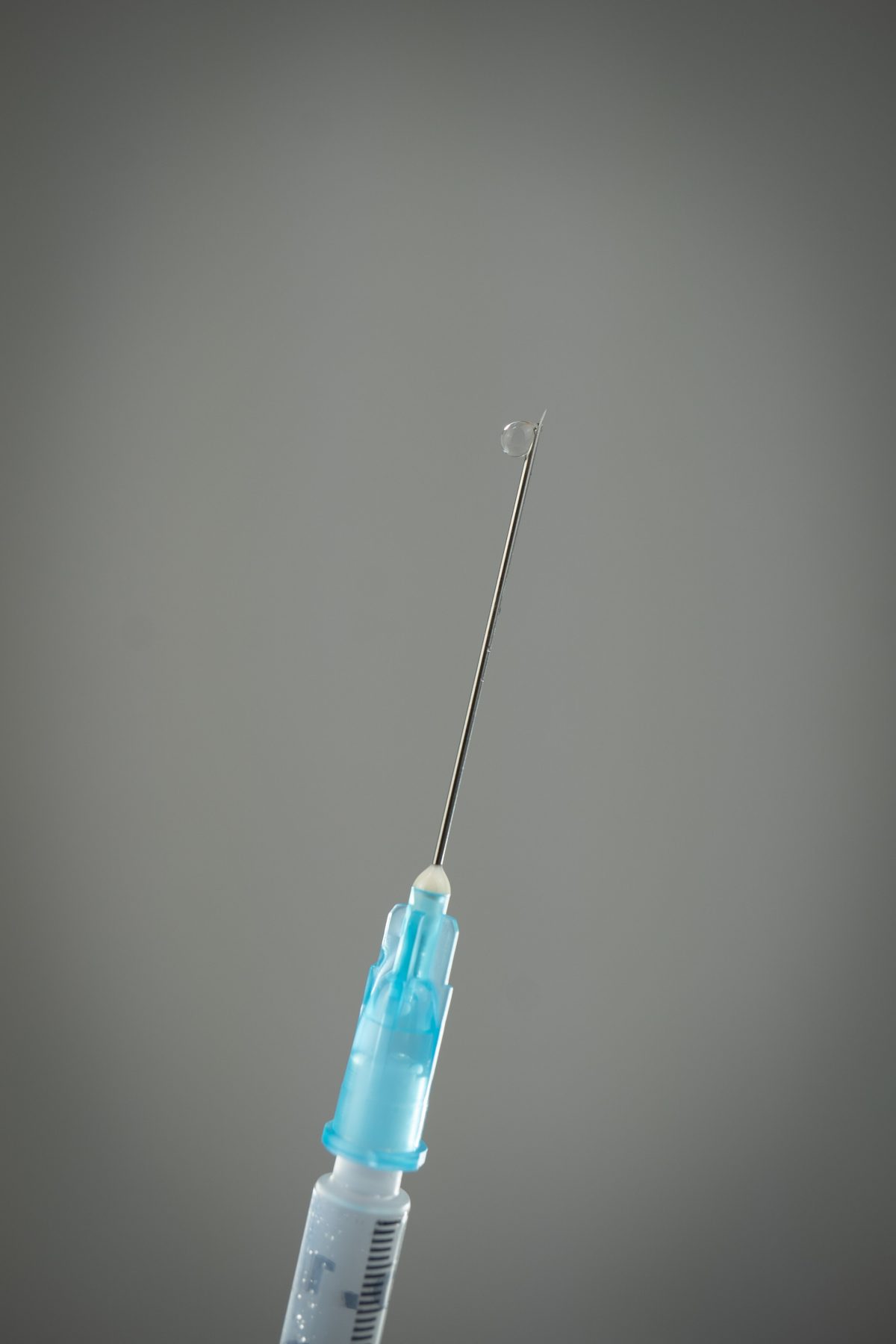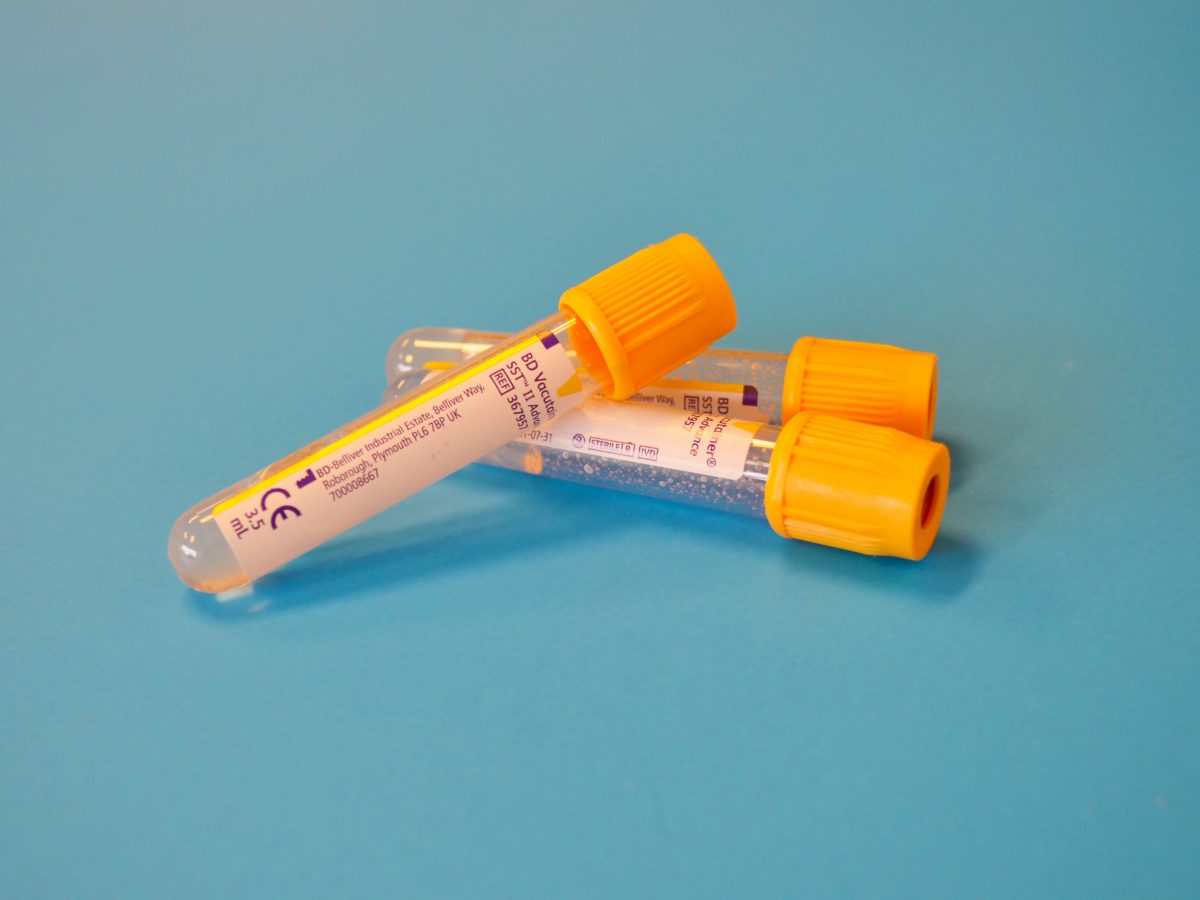In order to help the city of Memphis to reduce HIV infections to 90 percent or more by 2030, doctors are urging HIV negative people to participate in clinical trials for prevention research.
The two major areas of research and development regarding the HIV virus deals with both those living with the virus, and those who test negative, said Doctor Aditya Gaur, director of clinical research in the department of infectious disease at St. Jude’s Children Research Hospital. However when it comes to prevention efforts, those who are usually approached are those who are not living with the virus.
Gaur works with St. Jude’s “Connect 2 Protect” program, which helps to promote outreach and awareness regarding the HIV epidemic in the Mid-South, while also “addressing youth barriers to preventing exposure, testing, obtaining medical care, and moving to adult care.”
“Research is always about taking information to an individual, and letting them make a decision based on the information you provided,” said Gaur, adding that there seems to be a sense of altruism when it comes to youth participation in clinical research trials.
Gaur used Memphis’ contributions to the HPTN 083 trials to emphasize the importance of youth participation. According to the HIV Prevention Trials Network, HPTN 083 “is the first study to compare the efficacy of CAB LA to daily oral TDF/FTC for HIV PrEP.” Gaur added that these trials are credited for an injectable option for HIV prevention. The injection can be taken once every two months, and is an alternative for daily oral medication.
“We had the opportunity to open HPTN 083 in Memphis, and take the study to HIV negative youth in our city and our county,” said Gaur. “The response we received was very, very heartening.”
The coalition enrolled 93 youth in the study, and over many years, combined with more than 4,000 individuals around the world, helped with the approval of the prevention agent.
“That’s a significant number of youth that are interested. That tells us that youth in our community were interested, and they took part in the study,” said Gaur said.
While youth may participate in hopes of benefiting themselves and others, there are other reasons such as incentives and compensation. “It may be that some individuals may join for compensation, but it doesn’t make them any good or bad for a trial. Someone can have altruism and also have a need for money. We have learned to not characterize individuals into just black and white boxes,” said Gaur.
While Gaur expressed the overwhelming response of participants for the HPTN 083 trials, he explained that participation for Purpose 2 Clinical trials have not been as successful.
He said that PURPOSE 2 “will test whether an investigational PrEP (pre-exposure prophylaxis) medicine, lenacapavir, helps reduce the chance of getting HIV through sex.” These trials seek cisgender men, transgender women, transgender men, and gender non-binary individuals who have sex with partners assigned male at birth for research.
Gaur said that one of the most exciting aspects of these trials is that it looks at an agent that is given “subcutaneously” once every six months. He said that the easier and less frequently that patients have to take medicine, the more beneficial it is to many.
“We are always trying to understand what it is. Is the trial too complicated? Are we getting it effectively to you? Always looking at how can we better get out the word so that people can get more information,” Gaur explained. He stressed the concerted efforts of not just community partners, but individuals as well, in order to end the HIV epidemic.

